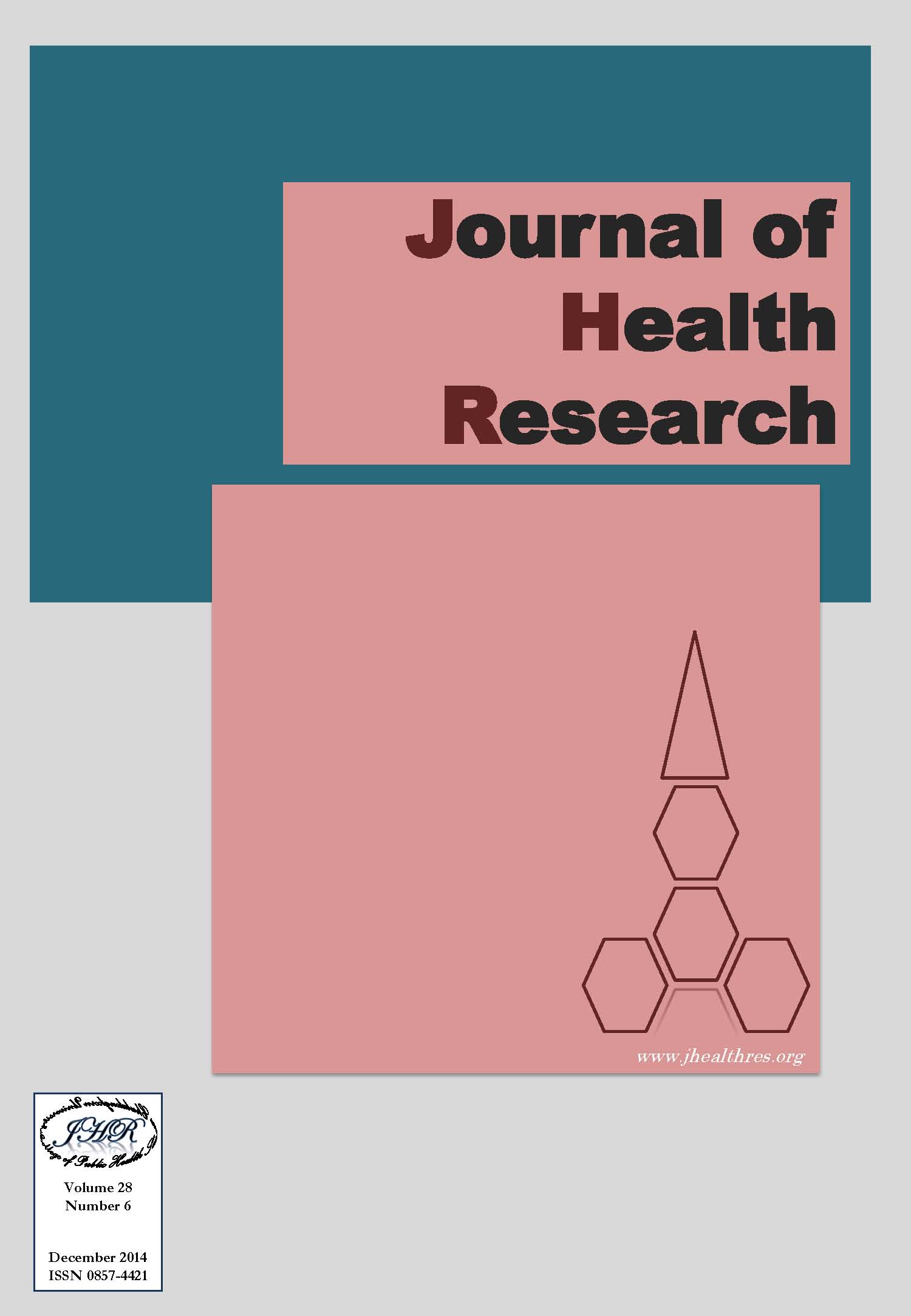Factors Related to Rodent Contact Indoors and Outdoors in Bolikhamxay Province, Lao PDR
Keywords:
Rodent, Contact, Exposure, Interaction, Hmong, Lao-Tai, Lao PDRAbstract
Zoonotic diseases from wildlife such as rodents have elicited increasing public health concern in Southeast Asian countries including Thailand and Lao PDR. A cross-sectional study was conducted to characterize human-rodent exposure in Bolikhamxay Province, Lao PDR, from March to May 2013, aiming to understand any characteristics which might be associated with rodent contacts. Five hundred eighty four participants were interviewed using a modified version of a questionnaire previously used by the research team in Thailand in 2011. About 85.3% of respondents reported finding rodents entering their homes, 99.0% reported encountering rodents while working around gardens/crops, 56.3% reported noticing rodents in the past year while gathering things in the forest and other places, and 35.6% reported finding dead rodents in the past year, respectively. Two characteristics were related to reports of rodents coming into the homes: having drinking water from open natural sources and having a wooden floor in their dwelling. Two characteristics were related to reports of encountering rodents while working around gardens/crops: working as a farmer, the number of cultivation-related tasks undertaken, and the number of food crops grown. In addition, the number of food crops grown was associated with reports of both noticing rodents in the past year while gathering things in the forest and other places, and finding dead rodents in the past year. However, having flush toilets was a protective factor related to reporting that they noticed rodents in the past year while gathering things in the forest and other places. While, having waste collected as part of waste disposal was also a protective factor related to reporting that they found dead rodents in the past year. These findings suggested that proper environmental management, such as having proper sanitation and waste disposal systems, can help reducing the exposure to rodents, which indirectly would lead to reduce the risk of rodent-borne disease in the community.






